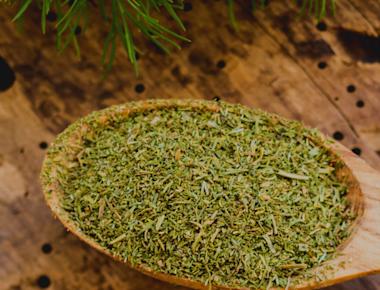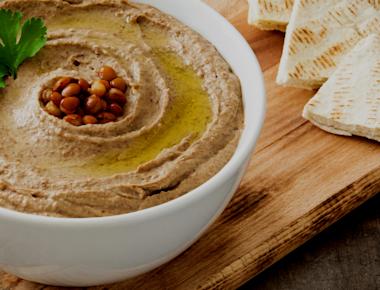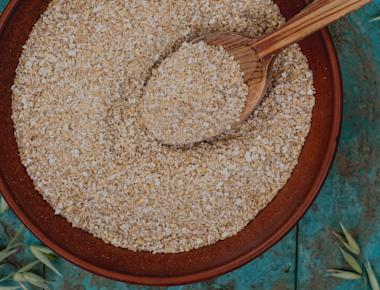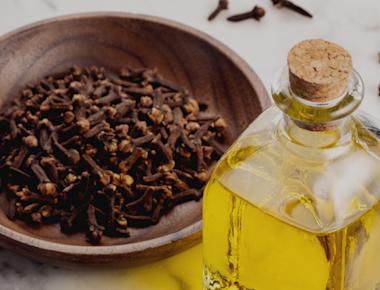

Table Of Contents
The Causes and Risks of Diabetes
Diabetes affects millions of adults worldwide. By 2030, the number may reach 439 million, or 7.7% of all adults. Some of the characteristics of type 2 diabetes mellitus (T2DM) include obesity, impaired function of insulin (an important hormone in turning sugar into energy), insulin secretory dysfunction, and hyperglycemia (too much glucose in the blood). Increased free fatty acids and proinflammatory cytokines are believed to contribute to the development of T2DM. Consequently, people with T2DM often have high triglyceride levels and low levels of high-density lipoprotein (HDL) cholesterol, the “good” cholesterol. Additionally, diabetes can worsen inflammation, leading to long-term health problems like damage to the eyes, kidneys, and nerves. And finally, people with diabetes are also more likely to have gastrointestinal problems like heartburn, gastroparesis (slow digestion), intestinal problems, fatty liver disease, and liver damage.
The Health Benefits of Dill
Anethum graveolens, which is commonly referred to as dill, a plant widely used as a remedy and a spice. It grows in the Mediterranean region, Europe, and central and southern Asia. The leaves are a source of minerals, proteins, and fibers. The oils are a source of antioxidants and have antimicrobial and antispasmodic properties. The dill plant is used to treat gastrointestinal ailments such as indigestion and flatulence. It has been shown to have anticancer, antimicrobial, anti-gastric irritation, anti-inflammatory, and antioxidant properties. The different extractions from its seed is found to have antioxidant, hypolipidemic, and hypoglycemic effects.
Previous studies have reported differing results regarding the beneficial effects of the dill plant on the lipid profile, inflammatory biomarkers, and insulin resistance in patients with metabolic syndrome. Given these inconclusive results, it is uncertain whether the dill plant could help improve gastrointestinal symptoms or increase the antioxidants inside the body. Therefore, this present study was designed to examine the effects of the dill powder on glycemic control, lipid profile, gastrointestinal symptoms, some antioxidants, oxidative stress markers like malondialdehyde (MDA), and total antioxidant capacity (TAC) in patients with T2DM. MDA is recognized as an atherogenic agent that promotes the formation of fatty plaques in the arteries. People with elevated levels of MDA are more susceptible to atherosclerosis, diabetes, and other metabolic disorders. TAC indicates the body’s antioxidant response to free radicals that cause oxidative stress and inflammation.
The Study Method on Dill Powder for Type 2 Diabetes Mellitus
In this double-blind, placebo-controlled study, 42 patients with type 2 diabetes were randomly and equally allocated to intervention and control groups. For eight weeks, they received either three capsules a day of dill powder or a placebo(starch). Each capsule contains one gram of powder to be taken after each meal.
Dietary intake was investigated with a 24-hour food recall for three days (2 weekdays and 1 weekend day). Anthropometric indices (weight, height, and BMI) were measured at baseline and after the eight-week intervention. Physical activity level was evaluated through a questionnaire and presented in the metabolic equivalent of a task in minutes per week. The participants were asked to maintain their regular dietary intake and physical activity during the intervention.
Fasting blood sugar, insulin, homeostatic model assessment of insulin resistance, lipid profile, high-sensitivity C-reactive protein, TAC, MDA, and gastrointestinal symptoms were measured in all of the subjects at baseline and post-intervention.
The Results
The dill powder supplementation significantly decreased the levels of insulin, homeostatic model assessment of insulin resistance, low-density lipoprotein (LDL) cholesterol, total cholesterol, and MDA, an indicator for oxidative stress, in the intervention group compared with the baseline measurements. Furthermore, the HDL and TAC were significantly increased in the intervention group compared with the baseline measurement. Motility disorder was the only gastrointestinal symptom whose frequency was significantly reduced by supplementation. The changes in insulin, LDL cholesterol, total cholesterol, and MDA were significantly lower in the intervention group than in the control group. In addition, the changes in HDL and TAC were significantly higher in the intervention group than in the control group.
The Conclusion
This study highlights the beneficial effects of dill powder supplementation on insulin resistance, LDL and HDL cholesterol, total cholesterol, antioxidant levels, and some gastrointestinal symptoms in patients with type 2 diabetes.
Reference
Health Enthusiast
Expertise
Subscribe to our newsletter!
Quick Links
Legal Stuff








